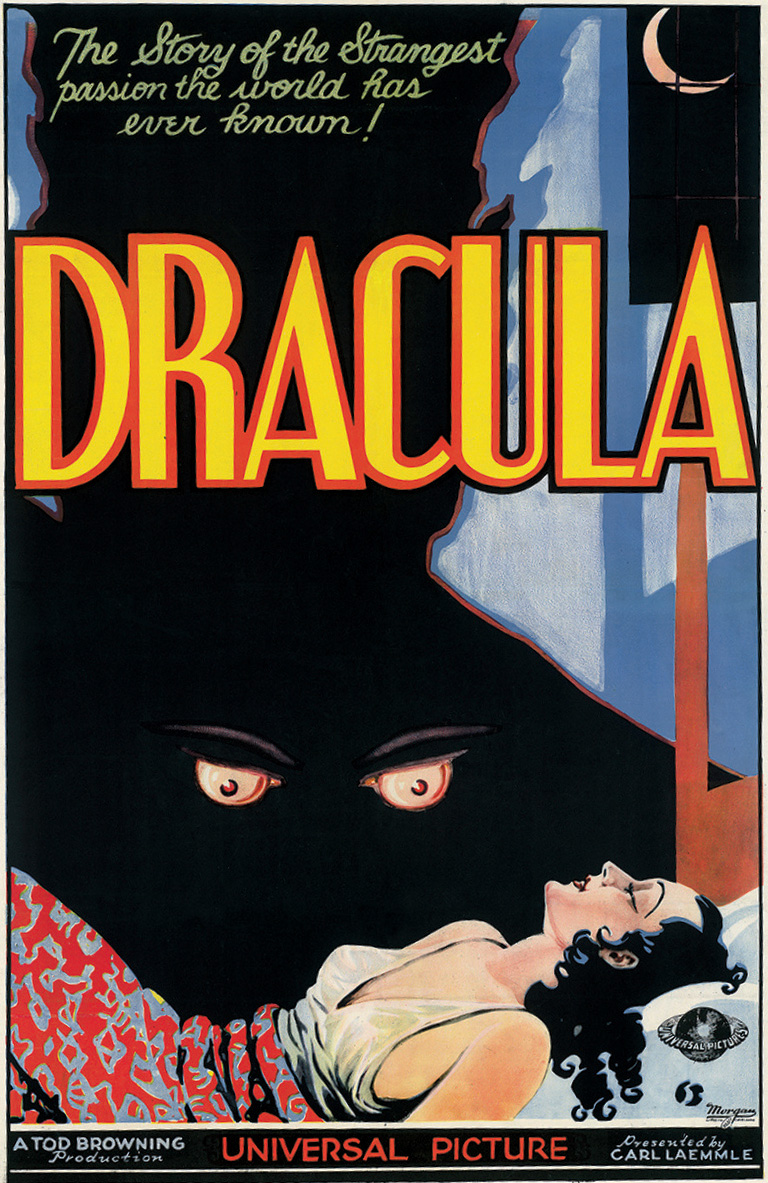There’s a reason Nobel laureate Svetlana Alexievich’s tape recorder is on display in Stockholm’s Nobel Museum. As she writes in The Unwomanly Face of War (Random House), her oral history of women in W.W. II, “I build temples out of our feelings … Out of our desires, our disappointments. Dreams. Out of that which was, but might slip away.” First published in 1985, this translation by Richard Pevear and Larissa Volokhonsky reveals the harrowing, brave, and even quotidian memories of Soviet women whose voices were nearly stifled by the mores of history. These accounts fight our ingrained ideas about what makes a war story
Debut novelist Zinzi Clemmons weaves an autobiographically inspired tapestry with What We Lose (Viking). In a moving series of vignettes that combine South Africa, Main Line Philadelphia, and bloody headlines, this intimate narrative tells the story of a mixed-race girl and her struggle to fit in—not so much with the outside world as with herself when her life is colonized by calamity. Moving up the coast: Illustrator and luncheonette nobility Tamara Shopsin serves up a tasteful treat with Arbitrary Stupid Goal (MCD), a look back at her Greenwich Village childhood. CNN morning-show host Alisyn Camerota takes a break from the news to make some of her own with her fizzy, New York–set Amanda Wakes Up (Viking). Old Manhattan comes alive on Francis Spufford’s Golden Hill (Scribner). And Maine families tangle themselves into a sailor’s knot of Waspy kerfuffles in Estep Nagy’s We Shall Not All Sleep (Bloomsbury).
—sloane crosley


Horror-movie posters from It’s Alive! (Skira Rizzoli), by Daniel Finamore, Joseph LeDoux, and Steve Almond.

IN SHORT
Pack it in: Alexandra Fuller heads for the Black Hills in Quiet Until the Thaw (Penguin Press). Dina Nayeri breaches the border in Refuge (Riverhead). James Kelman treads down the Dirt Road (Catapult). Joshua Cohen wraps up the past with Moving Kings (Random House). Rabbit is reminiscent in Laurel Davis Huber’s The Velveteen Daughter (She Writes Press). Mark Bowden harks back to Hanoi with Hue 1968 (Atlantic Monthly Press). Saucy secrets boil over in Adriana Trigiani’s Kiss Carlo (Harper). Treatment gets tricky in Cree LeFavour’s Lights On, Rats Out (Grove). Akhil Sharma’s stories make for A Life of Adventure and Delight (Norton). We all knead Chris Bianco’s Bianco (Ecco). History gets plated by Laura Shapiro’s What She Ate (Viking). Mellow out with Cedella Marley’s Cooking with Herb (Avery). Justice jettisons the boardroom in Jesse Eisinger’s The Chickenshit Club (Simon & Schuster). Natasha Fraser-Cavassoni’s After Andy (Blue Rider) opens up a can of Pop art and power. Love thrives as memory fades in Rachel Khong’s Goodbye, Vitamin (Henry Holt). Susie Steiner’s Persons Unknown (Random House) is pregnant with mystery. Tom Perrotta empties his nest with Mrs. Fletcher (Scribner). Al Gore speaks truth to power with An Inconvenient Sequel (Rodale). Lawrence Osborne has a thing for Beautiful Animals (Hogarth). The City Always Wins (MCD) in Omar Robert Hamilton’s novel of an uprising. War, yes, peace, not so much, in Richard Lourie’s Putin (Thomas Dunne). Andrea Carandini maps The Atlas of Ancient Rome (Princeton). All roads lead to you-know-where.
Ñs .c.
Urban Plight

The blog Jeremiah’s Vanishing New York struck a nerve when it materialized on the Web in 2007, lamentfully chronicling the replacement of the city’s greasy spoons and mom-and-pop shops with pod-people commerce of the bank-branch and juice-bar variety. Now, in his ripsnorting new book, Vanishing New York: How a Great City Lost Its Soul (Dey Street), Jeremiah Moss, the nom de blog of writer Griffin Hansbury, painstakingly details the forces behind this accelerated cultural denudation, noting, “The nature of urban change has changed.” Essential reading for fans of Jane Jacobs, Joseph Mitchell, Patti Smith, Luc Sante, and cheap pierogi.
—david kamp